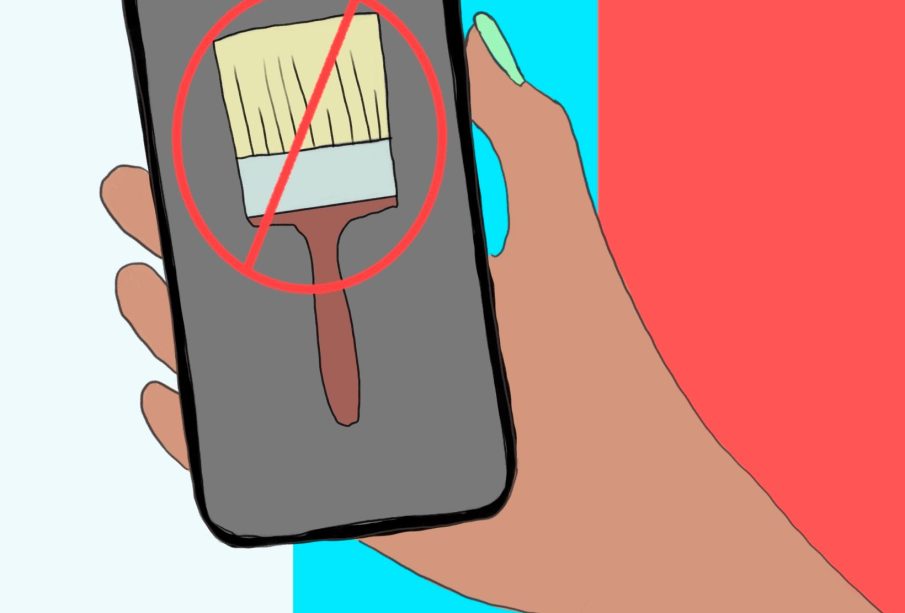The thing about that TikTok ban…

With privacy concerns from all parties, where are lines being drawn and how could creators be impacted?
I’m sure most of us have heard or seen on our ‘For You Page’ the potential for an imminent TikTok ban in the United States, whether it be from clips of the TikTok CEO explaining the app to senators or random creators telling you to follow them on Instagram for their content. But, what is the TikTok ban actually doing? What is it for? And how will it affect creators?
The bill is called the Restrict Act, which stands for Restricting the Emergence of Security Threats that Risk Information and Communications. If the bill gets passed, it will allow the president of the United States, currently Joe Biden, and the Department of Commerce some control over technologies that come from outside America.
The main concern with TikTok is privacy laws. Senators are worried that because TikTok is owned by ByteDance, a Chinese company, the Chinese government can force ByteDance to give them data sourced from American users.
But the act would be able to extend past TikTok. Any technology, such as apps that come from China, Russia, Iran, North Korea, or Venezuela can be banned by the Department of Commerce. This includes satellites, AI, drones, and more. This bill could prevent millions of Americans from using the hardware or software they own.
The bill would also extend this power past congressional and court approval and would send it straight to the president. No more waiting for individual bills to be passed about technologies; the president and the Department of Commerce can act whenever and however they want.
A few weeks ago, TikTok CEO Shou Zi Chew defended TikTok in a Congress hearing. He stated that ByteDance does not act as an agent of the Chinese government. Chew stated that TikTok headquarters are not even in China, they are in Singapore and Los Angeles, California. Chew also faced some racism from Senators and, overall, a lot of misunderstandings about the app.
Say this bill does pass, and you access a website or app you should not be able to. What then? Currently, if the bill gets passed, you could face up to 20 years in prison or a fine of $1 million.
And what about the creators who are making their living on TikTok? What happens to them? Well, those creators would likely have to turn to other platforms. An issue here is that most people who are TikTok ‘famous’ have significantly fewer followers on Instagram or YouTube. For larger creators, they will lose a major income from the lack of the Creator Fund from TikTok. They will also lose their largest sponsorship platform, which could cause them to lose sponsors and the money from them.
And what about creators who don’t make any money but still do TikTok? For many, a TikTok ban would cause them to lose their creative outlet. They would lose a space where they can feel comfortable expressing themself through make-up or dance. They would lose friends and mutuals they made through the app. They would lose the support and encouragement from their friends, mutuals, and followers. They would stop learning more about their craft from others on the platform. Moving to Instagram or YouTube shorts could be like starting all over with people who may be cruel toward their craft. It would be a devastating loss for these creators.
The fate of TikTok is still up in the air. The government is looking for an American company to buy shares in TikTok, but there has been no announcement of that yet.









